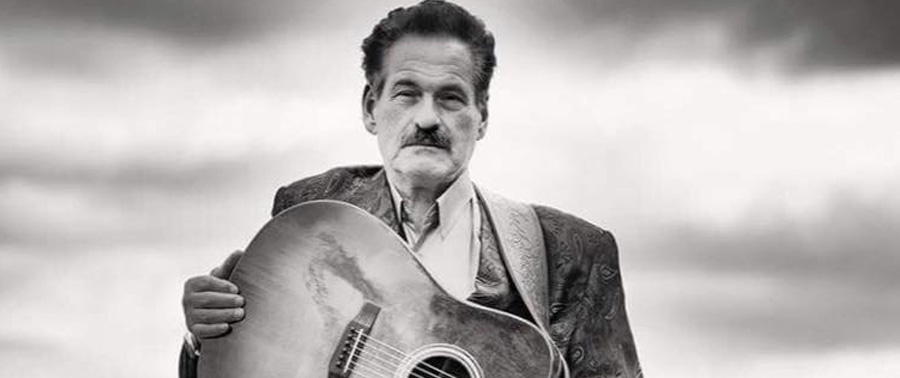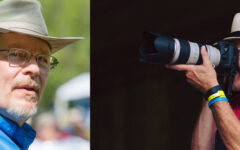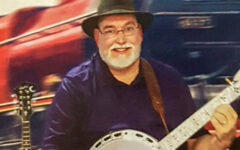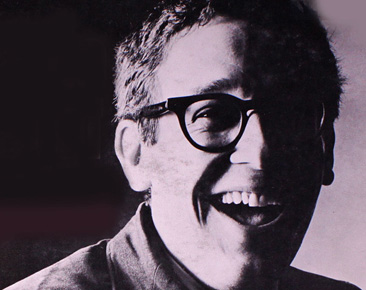
Billy Faier, known for his distinctive banjo arrangements, his radio programs, and his radical politics died on January 29, 2016 at the Big Bend Regional Medical Center in Alpine, TX. He was 85 years of age when he passed.
Faier had recorded a number of influential banjo albums starting in the late 1950s, running through to 1987. His earliest records would probably be categorized today as folk music, while his specifically banjo LPs in the 1970s were at the forefront of what we now describe as progressive banjo music. He was fluent in many styles of playing, including clawhammer and 3-finger picking, as well as the folk style Pete Seeger popularized in the ’60s. Later in life he came to favor using a long neck banjo tuned to E.
A contemporary of Seeger, Jack Kerouac, and Woody Guthrie, Billy was active in the music scene in New York’s Washington Square in Greenwich Village during the late ’40s, noted for its left wing politics and the burgeoning acoustic folk scene. Faier was active in both, as opposed to the squeaky-clean folk music that was later popularized in the 1960s. He celebrated his alternative lifestyle to the end of his days.
Billy told of his preparation to be a draft evader during the Korean War, but was spared that ordeal by a 4-F classification after his draft physical in 1951.
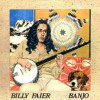 Faier came of age at a time when a great many artists and intellectuals professed themselves as communists or socialists, this coming before the great outrages of Soviet and Chinese state communism became widely known. Their communities were often investigated during the US Congress’ search for traitors within our society, leading to enduring bitterness towards the US among many of them.
Faier came of age at a time when a great many artists and intellectuals professed themselves as communists or socialists, this coming before the great outrages of Soviet and Chinese state communism became widely known. Their communities were often investigated during the US Congress’ search for traitors within our society, leading to enduring bitterness towards the US among many of them.
He was a popular banjo player in New York long before most north easterners had even heard Earl Scruggs. In another side road in a quirky career, Billy played banjo in 1958 in the Broadway production of The Unsinkable Molly Brown.
He also lived for a time in San Francisco and San Deigo, CA, and eventually settled in southwest Texas.
Here is an example of his banjo playing on a tune called Green Corn.
 In recent years, he has posted the music from his recordings for free, non-commercial download online. Anyone interested in the totality of his life, music, politics, and personal life can find it detailed at billyfaier.com.
In recent years, he has posted the music from his recordings for free, non-commercial download online. Anyone interested in the totality of his life, music, politics, and personal life can find it detailed at billyfaier.com.
The University of North Carolina Library maintains a sizable collection of Billy’s recordings, writings, and correspondence. This includes musical notation and transcriptions he did for Pete Seeger.
R.I.P., Billy Faier.


